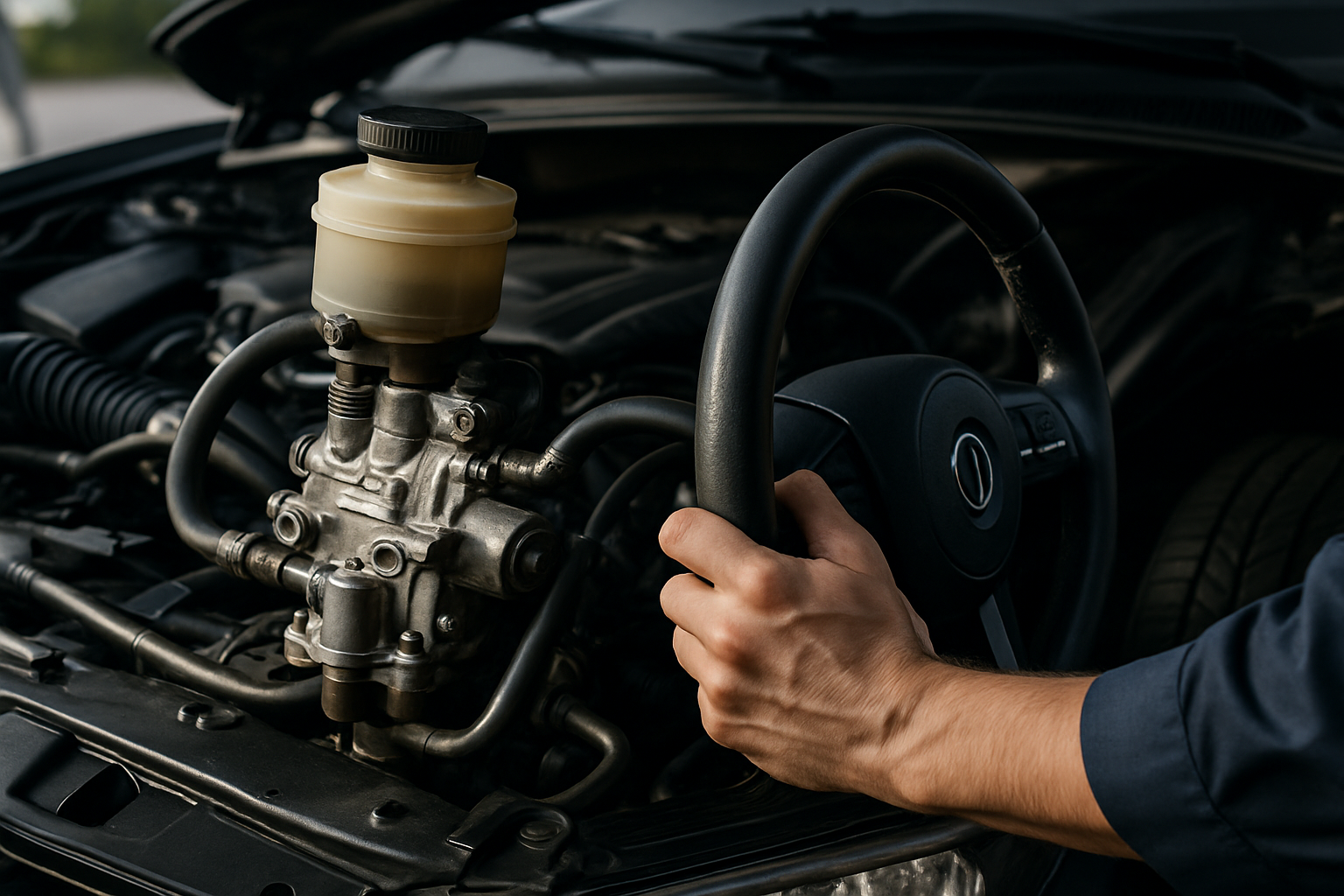Discover Hidden Bargains at Police Impound Car Sales
Police impound car sales offer a chance to buy vehicles at a fraction of their market value. From repossessed cars to unclaimed vehicles, these auctions can be a goldmine for savvy buyers. Learn how to find auctions, inspect vehicles, bid smart, and avoid the pitfalls that catch first-time buyers off guard.

How to Find Police Impound Car Auctions in Your Area
Locating police impound car auctions requires some research, but several reliable methods can help you discover upcoming sales. Most police departments maintain websites with auction schedules and vehicle listings, typically updated weekly or monthly. Contact your local police department directly to inquire about their auction schedule and registration requirements. Many municipalities also partner with professional auction companies that handle impound sales, so checking with established auction houses in your region can reveal additional opportunities.
Online auction platforms have become increasingly popular for impound sales, allowing departments to reach broader audiences while providing buyers with convenient access to vehicle information and bidding processes. Government surplus websites often list impound vehicles alongside other seized assets, creating centralized locations for multiple jurisdictions. Social media pages and community bulletin boards frequently announce upcoming auctions, making them valuable resources for staying informed about local sales.
Understanding the Police Auction Process
The police auction process follows specific procedures designed to ensure fair and transparent sales while maximizing revenue for participating agencies. Typically, vehicles must remain in impound for a designated period before becoming eligible for auction, allowing owners time to reclaim their property by paying associated fees and fines. Once this waiting period expires, vehicles undergo basic inspections to determine their condition and estimated value.
Registration requirements vary by jurisdiction but commonly include providing valid identification, proof of funds, and sometimes a refundable deposit. Most auctions require immediate payment or payment within 24-48 hours of winning bids, with cash, certified checks, or money orders being the preferred payment methods. Buyers should understand that all sales are final, with no warranties or guarantees provided by the selling agency.
Tips for Inspecting Vehicles Before You Bid
Thorough vehicle inspection is crucial for making informed bidding decisions and avoiding costly surprises after purchase. Arrive early to examination periods, which typically occur before the auction begins, allowing adequate time to assess multiple vehicles of interest. Start with exterior inspection, checking for rust, dents, scratches, and signs of accident damage that could indicate structural issues or expensive repairs.
Interior inspection should focus on seat condition, dashboard functionality, and overall cleanliness, as these factors can indicate how well the vehicle was maintained. Pop the hood to examine the engine compartment, looking for obvious leaks, corrosion, or missing components. Check fluid levels and colors, as dark oil or low coolant levels might suggest maintenance neglect. Test all electrical components including lights, radio, air conditioning, and power accessories when possible.
Document your findings with photos or notes to help remember specific details when bidding begins. If inspection reveals significant issues, factor potential repair costs into your maximum bid amount to ensure the final purchase price remains within your budget.
Common Mistakes First-Time Auction Buyers Make
First-time auction buyers often fall victim to excitement and competitive bidding atmospheres, leading to overpaying for vehicles or purchasing unsuitable options. Setting a firm budget before attending the auction and sticking to it regardless of bidding pressure helps prevent emotional decision-making that can result in financial strain.
Another frequent mistake involves inadequate research about vehicle values and market prices. Understanding what similar vehicles sell for through private sales or dealerships provides essential context for determining reasonable bid limits. Many newcomers also fail to factor in additional costs such as auction fees, taxes, registration, and transportation, which can add hundreds or thousands of dollars to the final purchase price.
Inexperienced bidders sometimes ignore vehicle history and condition issues, focusing solely on low starting bids or attractive exteriors. Remember that impounded vehicles may have mechanical problems, missing keys, or other complications that weren’t immediately apparent during limited inspection periods.
How to Score the Best Deal at an Impound Sale
Securing the best deals at impound sales requires strategic planning, patience, and disciplined bidding behavior. Focus on less popular vehicle types or models that generate minimal interest from other bidders, as these often sell below market value. Economy cars, older sedans, and vehicles with minor cosmetic issues frequently offer the best value propositions.
Timing can significantly impact your success, with auctions scheduled during weekdays or inconvenient hours typically attracting fewer bidders and resulting in lower final prices. Position yourself strategically during the auction to observe other bidders’ behavior and identify serious competitors versus casual observers.
Consider the total cost of ownership when evaluating potential purchases, including insurance, registration, repairs, and ongoing maintenance. Sometimes paying slightly more for a well-maintained vehicle proves more economical than purchasing a cheaper option requiring extensive work.
| Auction Type | Average Savings | Typical Fees | Best Vehicle Categories |
|---|---|---|---|
| In-Person Police Auctions | 30-60% below market | $50-200 processing | Economy cars, older models |
| Online Government Auctions | 25-50% below market | 5-10% buyer’s premium | All categories, wider selection |
| Municipal Impound Sales | 40-70% below market | $25-100 documentation | Local inventory, varied condition |
Prices, rates, or cost estimates mentioned in this article are based on the latest available information but may change over time. Independent research is advised before making financial decisions.
Police impound car sales present genuine opportunities for significant savings on vehicle purchases, but success requires preparation, research, and realistic expectations. By following proper inspection procedures, understanding auction processes, and avoiding common pitfalls, buyers can find reliable transportation at substantial discounts. Remember that while bargains exist, patience and due diligence remain essential for making smart purchasing decisions that provide long-term value and satisfaction.




